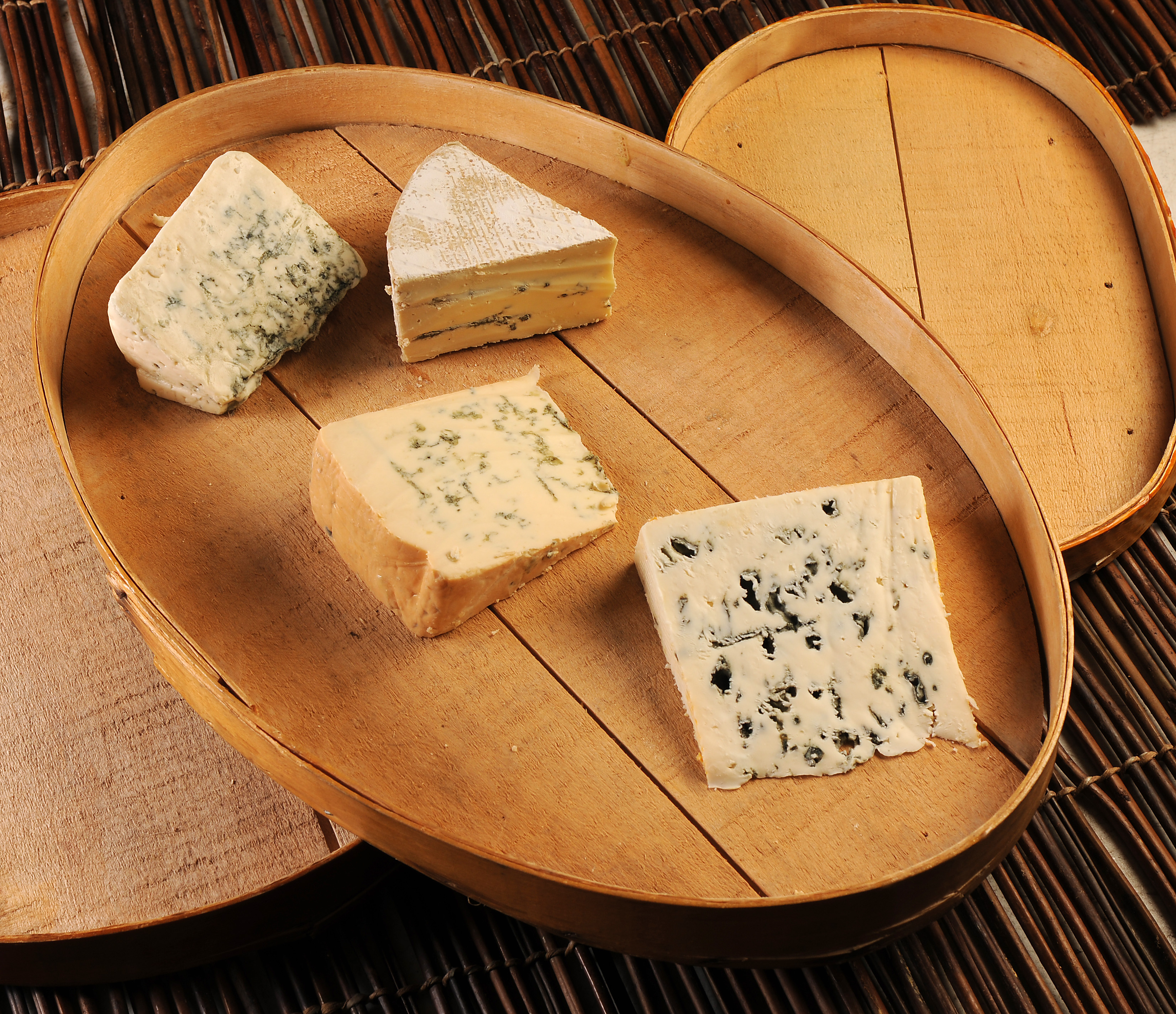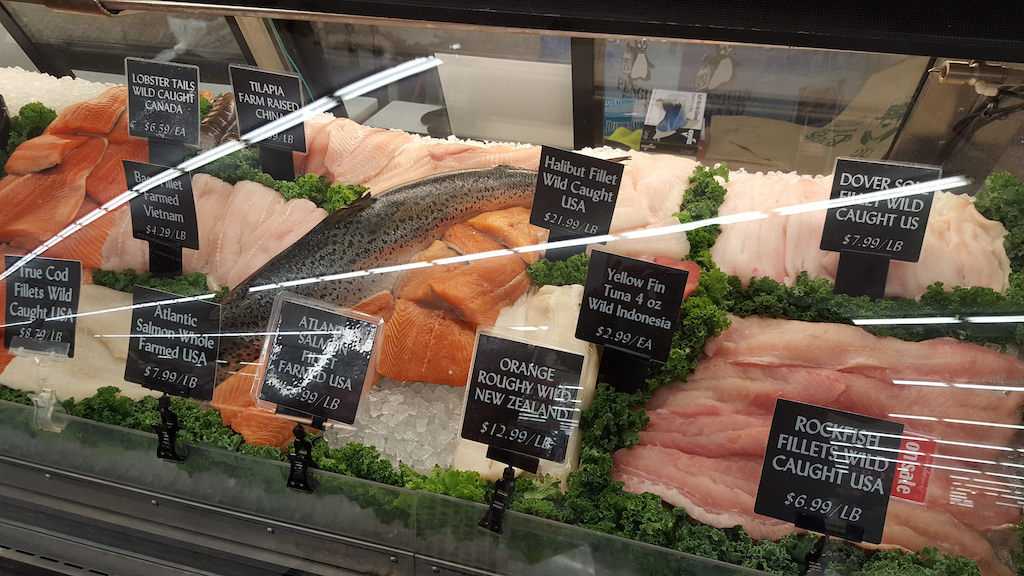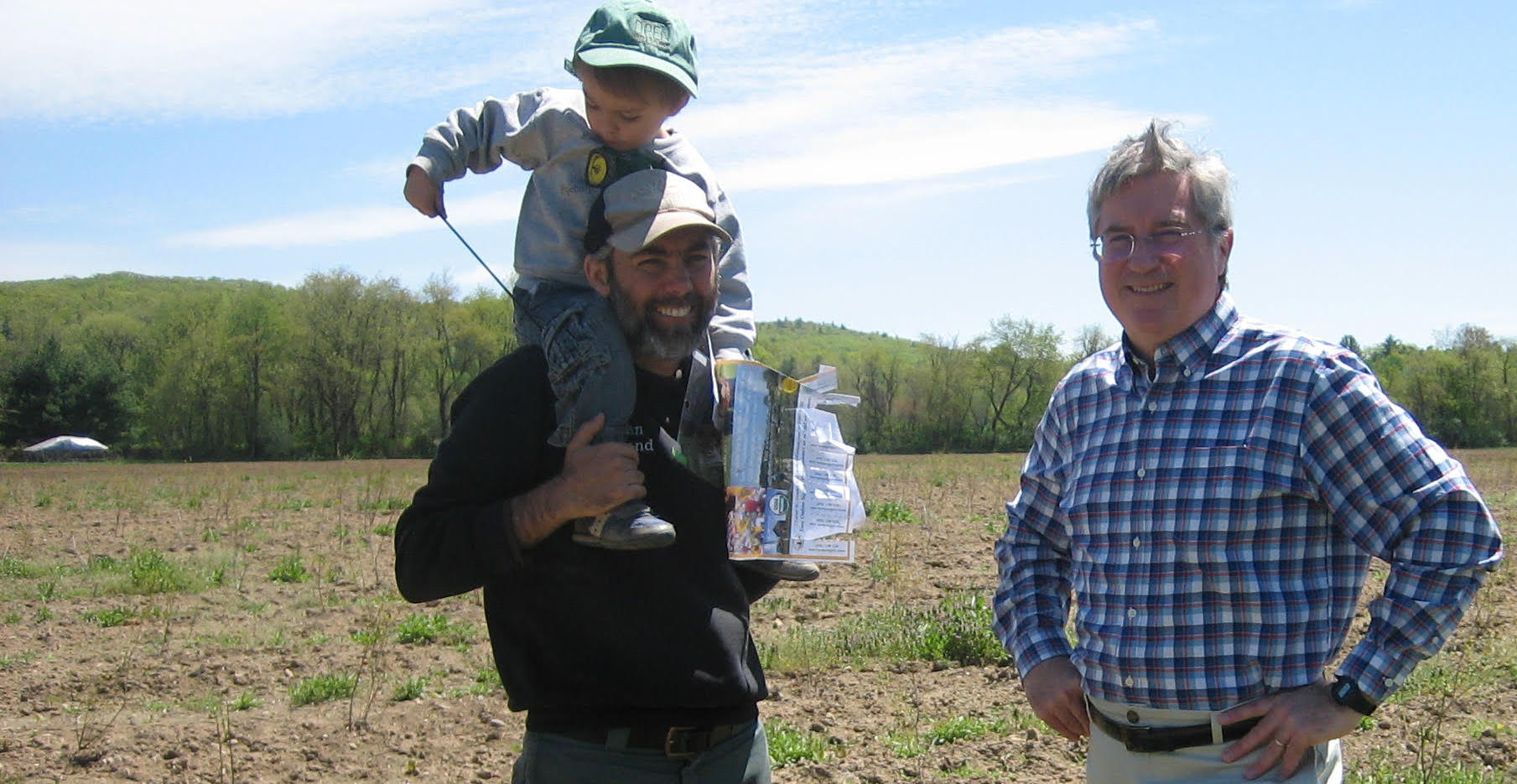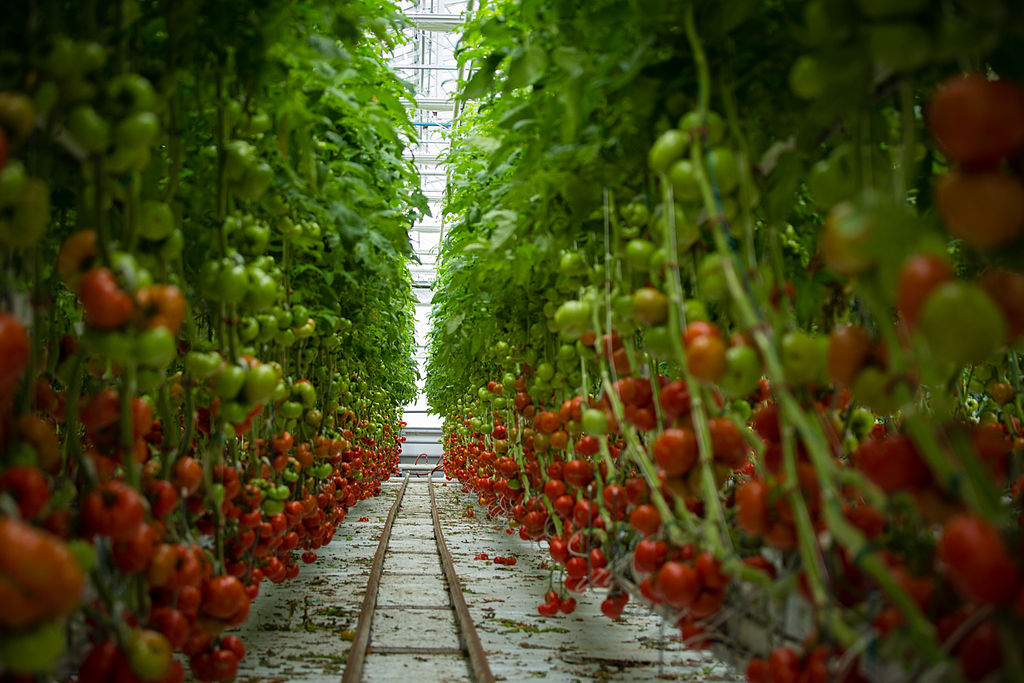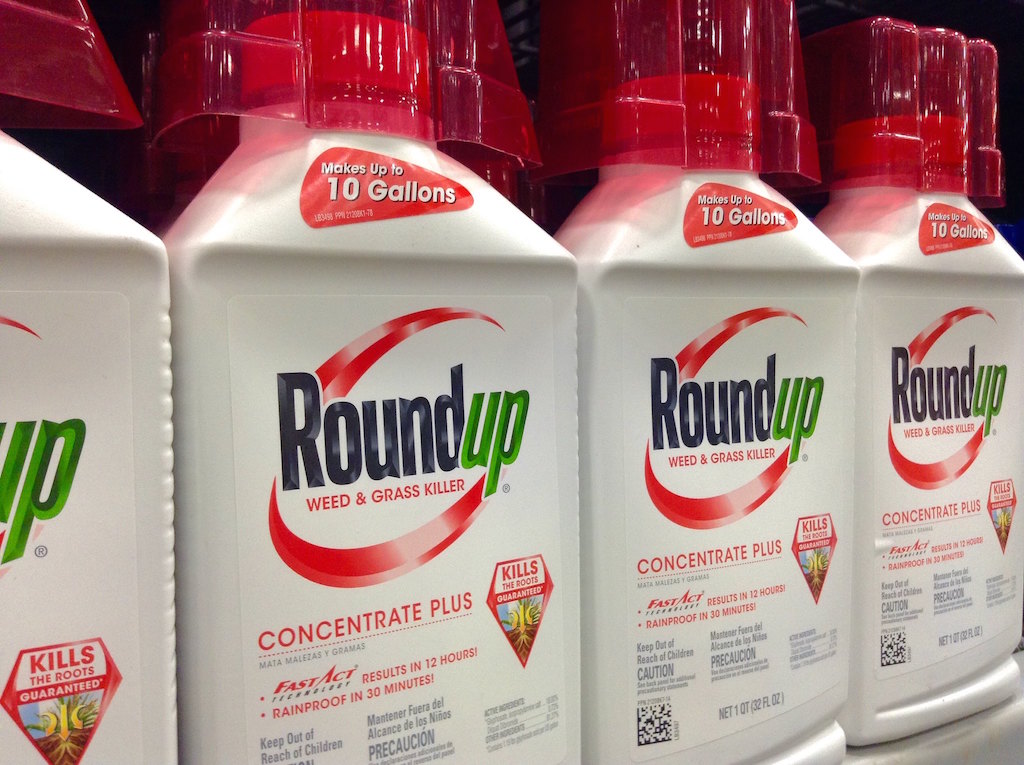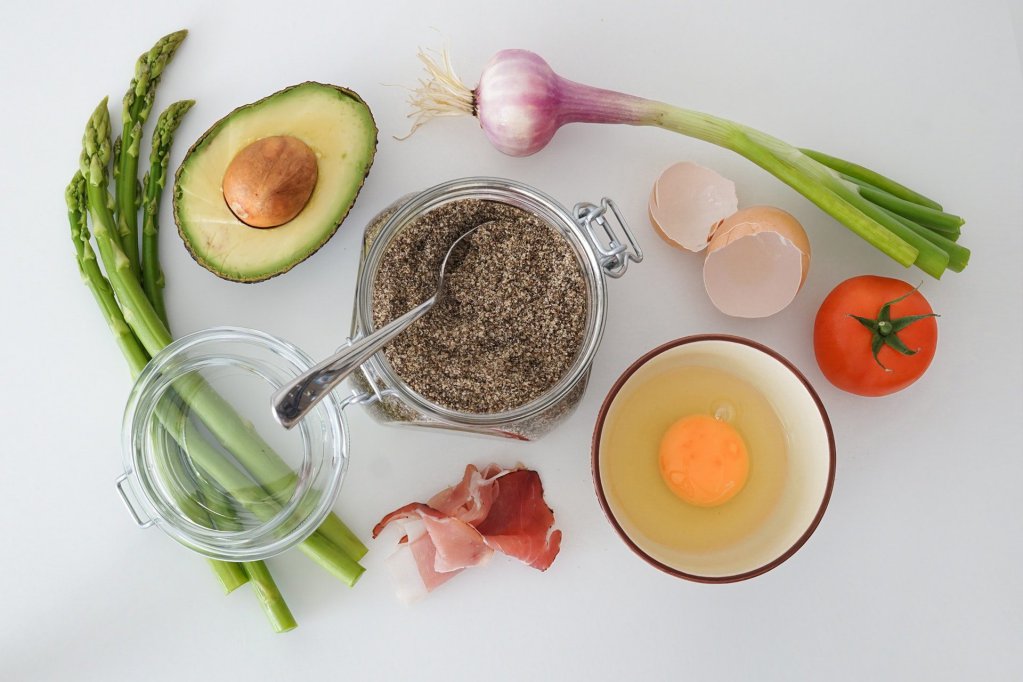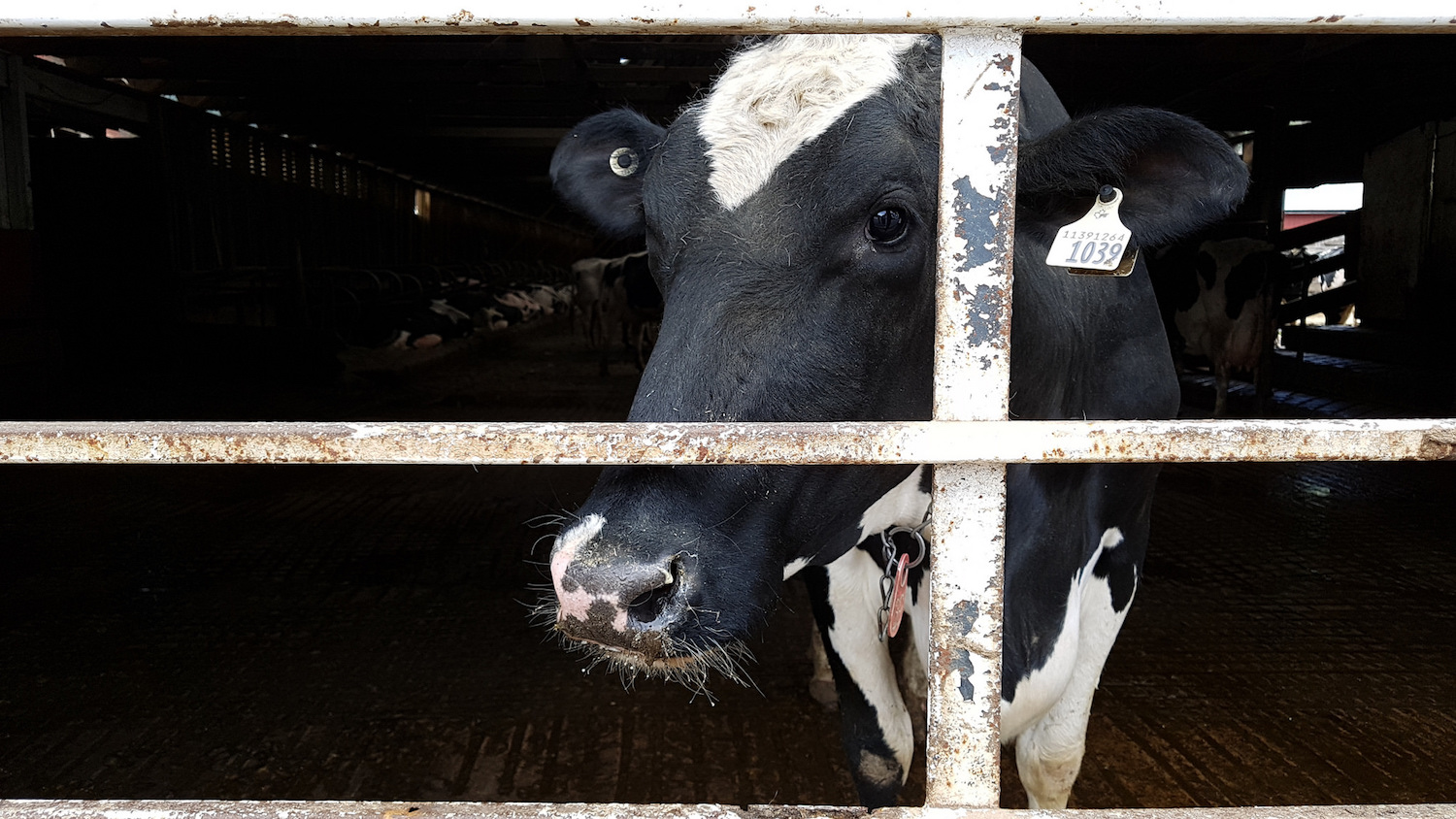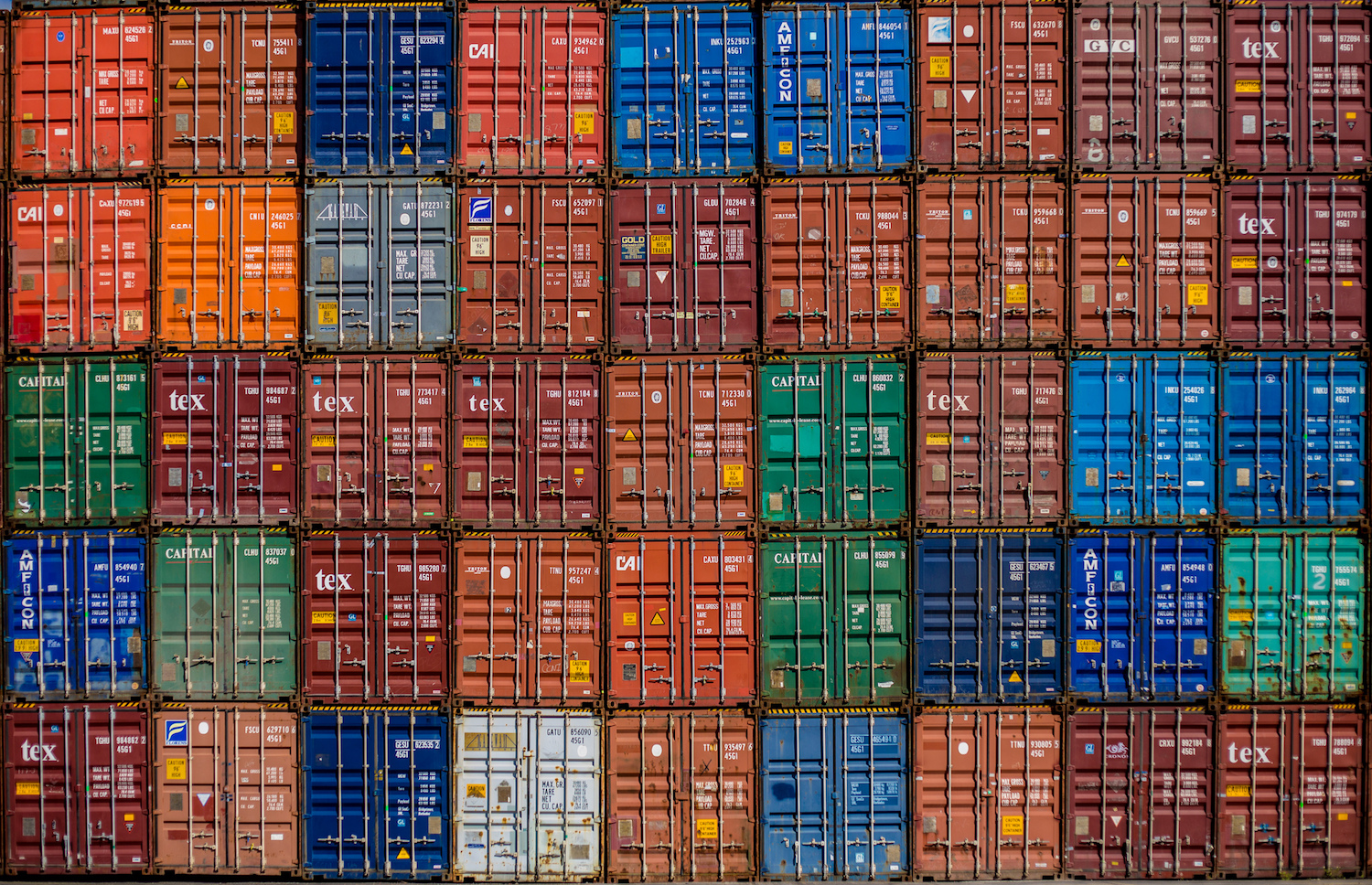This is the web version of a list we publish twice-weekly in our newsletter. It comprises the most noteworthy food stories of the moment, selected by our editors. Get it first here.
From urchin to uni. The San Francisco Chronicle reports that the kelp forest between the Bay Area and Oregon has declined by 90 percent, and seaweed-munching urchins are a big part of the problem. A Norwegian company called Urchinomics has a plan: Gather them up, fatten them, and serve them for dinner. If you can’t beat ’em, eat ’em?
Into the wild. In 1980, there were 17 million hunters in the U.S. By 2016, that number had plummeted to 11 million. That drop has resulted in a corresponding decline in revenue for state wildlife agencies, which collect most of their funds through hunting licenses or taxes on gear. To reverse the trend, states are launching initiatives to get more young people, people of color, and women into hunting, Pew’s Stateline reports. The idea is to reduce economic, social, and knowledge barriers and unite people of different backgrounds over a love of local food. Get your hand in the game—get it? Also notable: the word “hipnecks.”
It’s still good! The former staff of Deadspin, a sports-and-more site that was recently eviscerated by new owners, are finding new homes. Drew Magary, a columnist, is now at Vice, where he’s continuing to answer nagging questions about everyday minutiae. Like, for instance: What’s the most-thrown away food? And the completely speculative, unscientific answer? We’re not spoiling it for you, but it ain’t wasabi.
Body by butter. The Minnesota Timberwolves might have the most sophisticated nutrition program in pro basketball—aggregating data from games and practices to design individually optimized meals. Sounds neat, but as Charles Barkley says, analytics aren’t everything. ESPN reports the team consulted with Regina Culver, mother of the 20-year-old rookie Jarrett, to figure out how to make his eggs, because their data-crunched omelettes were making him sick. “He is such a routine kid,” Regina says, sloshing in whole milk and a spoonful of salted butter.
American cheese, but good. New tariffs on European cheeses could provide American producers an upper hand. While American cheeses (as distinct from American cheese) usually cost more due to economies of scale, the prices of imported cheese like Parmigiano-Reggiano, Romano, Roquefort, manchego, Swiss, and cheddar will likely rise, The Washington Post reports. Last month, an American creamery beat thousands of entries at the 2019 World Cheese Awards, for the first time ever, a possible sign of things to come.
